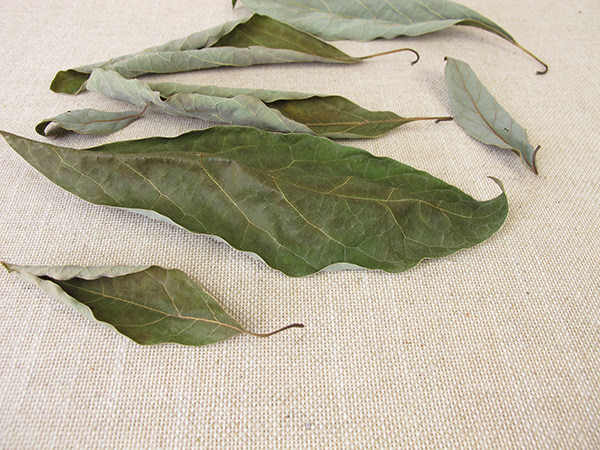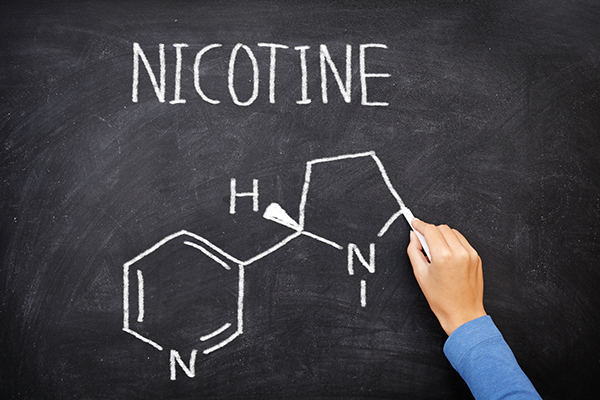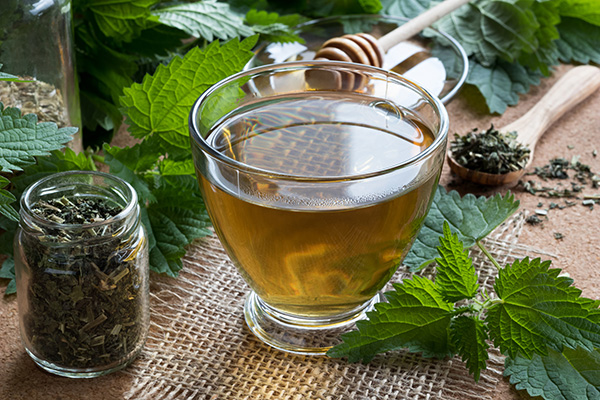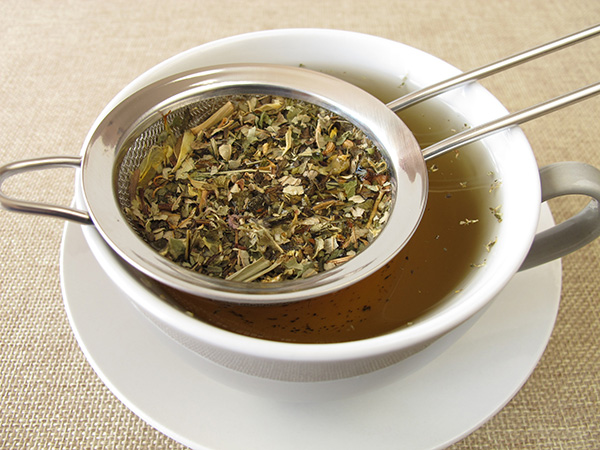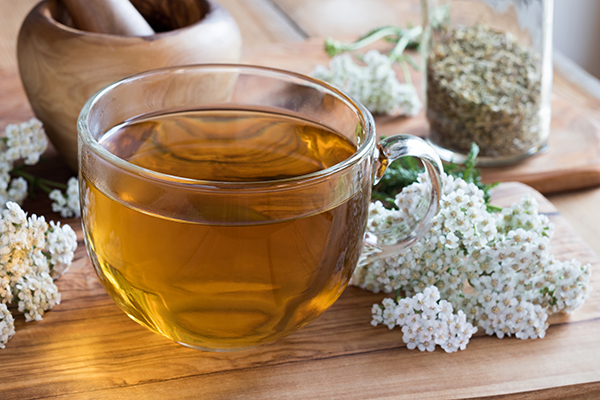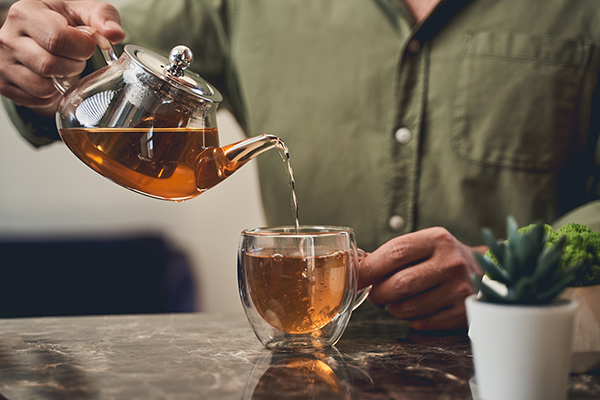Does Earl Grey Tea Have Caffeine?
Earl Grey tea is a popular blend known for its distinctive flavor, thanks to the infusion of bergamot oil. But many tea drinkers are curious about its caffeine content. In short, being a black tea blend, a standard 8-ounce (240ml) cup of Earl Grey tea contains around 40-60 milligrams of caffeine.

What is Earl Grey Tea?
Earl Grey tea is a distinctive and flavorful black tea blend characterized by the addition of bergamot oil. The bergamot oil, extracted from the rind of the bergamot orange, a citrus fruit native to Italy, imparts a unique, fragrant aroma and a slightly citrusy taste to the tea. This combination of flavors creates a well-balanced and refreshing beverage that has become a favorite among tea enthusiasts.
The base of Earl Grey tea is typically a black tea, such as Assam, Ceylon, or Darjeeling, which contributes to its rich, robust, and slightly malty flavor profile. However, there are variations of Earl Grey that use green, white, or oolong tea as the base, offering a lighter and more delicate taste. These different bases can also influence the caffeine content and potential health benefits of the tea.
Does Earl Grey Tea Have Caffeine?
The short answer is yes. Earl Grey tea, being a black tea blend, does contain caffeine. A standard 8-ounce (240ml) cup of Earl Grey tea contains around 40-60 milligrams of caffeine. This amount is significantly lower than the caffeine content in a similar-sized cup of coffee, which has approximately 95 milligrams of caffeine. However, the exact amount of caffeine in Earl Grey tea can vary based on factors such as the type of black tea used, the amount of tea leaves, and the brewing time and temperature.
Reducing Caffeine Intake with Earl Grey Tea
For those who are sensitive to caffeine or looking to reduce their caffeine intake, decaffeinated Earl Grey tea is available. Decaffeinated tea undergoes a process to remove most of the caffeine while preserving the flavor and aroma. It is important to note that decaffeinated tea still contains a small amount of caffeine, typically around 2-5 milligrams per cup.
If you’re looking for a good decaffeinated option, here’s the best decaf earl grey tea we have tried.
Health Benefits of Earl Grey Tea
In addition to its delightful taste and aroma, Earl Grey tea offers various health benefits, which are mainly attributed to its antioxidants, particularly theaflavins and catechins.
Supports Heart Health
Regular consumption of black tea, such as Earl Grey, has been associated with a reduced risk of developing heart disease. The antioxidants in the tea may help lower bad cholesterol levels and improve blood vessel function, promoting overall heart health.
Boosts Mental Alertness
The caffeine in Earl Grey tea can help improve mental alertness and cognitive function, making it a popular choice for those looking for a mild stimulant without the jitters associated with coffee.
Aids in Digestion
The bergamot oil in Earl Grey tea is known to have a calming effect on the digestive system. Drinking a cup of Earl Grey after a meal may help alleviate indigestion and reduce bloating.
Conclusion
To sum up, Earl Grey tea does contain caffeine, with approximately 40-60 milligrams per 8-ounce cup. This amount is lower than the caffeine content in coffee, making it a milder alternative for those who enjoy a caffeinated beverage without the strong effects of coffee. Decaffeinated options are also available for individuals who prefer an even lower caffeine content.

